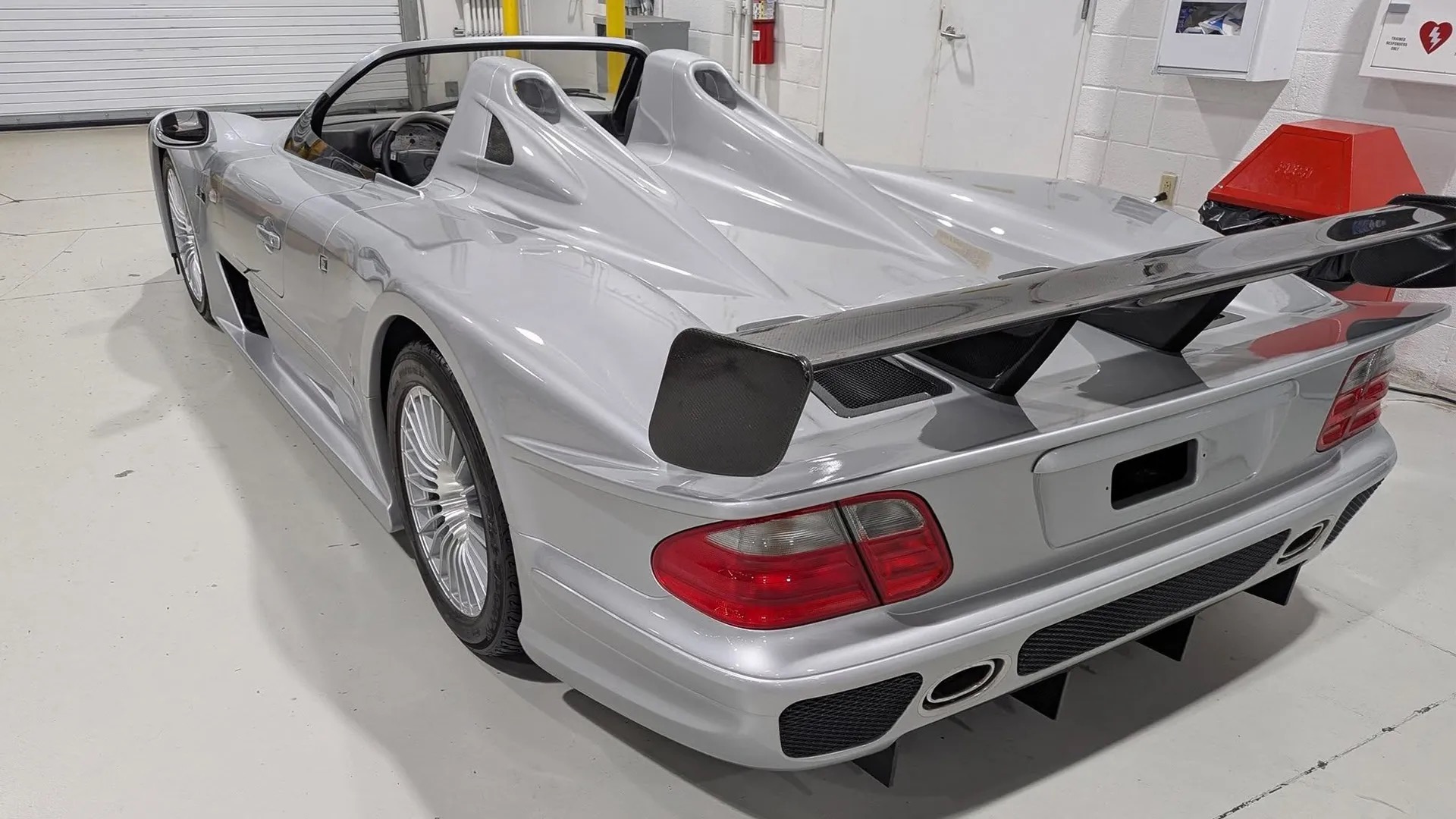The Trump administration is moving forward with a controversial plan to purchase $400 million worth of armored electric vehicles, with a specific focus on Tesla vehicles. The procurement, part of a broader effort to modernize the fleet of vehicles used by the U.S. government, has raised questions and concerns due to the involvement of Tesla CEO Elon Musk in government operations.
The initial plan, announced as part of the 2025 U.S. State Department’s procurement forecast, included a substantial order for electric vehicles designed for high-level security operations. Tesla, known for its innovative electric cars, was specifically named in the forecast as the supplier of these vehicles. However, the inclusion of Tesla in the proposal quickly raised concerns over potential conflicts of interest due to Musk’s prominent role in the administration. Musk, who also heads SpaceX and plays a significant role in government efficiency initiatives, has long been a polarizing figure, and his direct involvement in the procurement process drew attention to possible ethical issues.
In response to these concerns, the State Department revised its procurement forecast, removing specific references to Tesla and instead listing the vehicles under the general term “Armored Electric Vehicles.” This revision has been seen as an attempt to address concerns about favoritism and ensure the integrity of the procurement process. The new plan shifts the focus away from a specific manufacturer, leaving open the possibility for other companies to compete for the contract.
While the change in wording has satisfied some critics, others argue that the issue of potential conflicts of interest remains unresolved. The Trump administration has sought to reassure the public that transparency and accountability are central to the procurement process. Musk, during a recent White House appearance, addressed the situation by emphasizing the transparency of his actions and reaffirming his commitment to ethical business practices.
The controversy surrounding the armored vehicle procurement highlights broader concerns over the intersection of private business interests and government responsibilities. The presence of high-profile CEOs like Musk in government operations has raised questions about how business leaders with financial interests in private companies can navigate government contracts. Critics worry that without proper safeguards, such arrangements could lead to undue influence or unfair advantages for certain companies.
Despite the controversy, the need for armored vehicles within the U.S. government remains. The State Department relies on a fleet of armored cars to protect diplomats and personnel operating in high-risk areas. As part of efforts to modernize government operations and reduce carbon emissions, the shift toward electric vehicles is in line with broader environmental goals.
As the procurement process moves forward, the Trump administration will face increasing scrutiny. The updated forecast leaves the door open for various manufacturers to bid on the contract, though it remains to be seen how this will impact the final decision. In the coming months, further details are expected, but the situation highlights the ongoing challenges in balancing the needs of government security with the public’s concerns over transparency and conflicts of interest.













